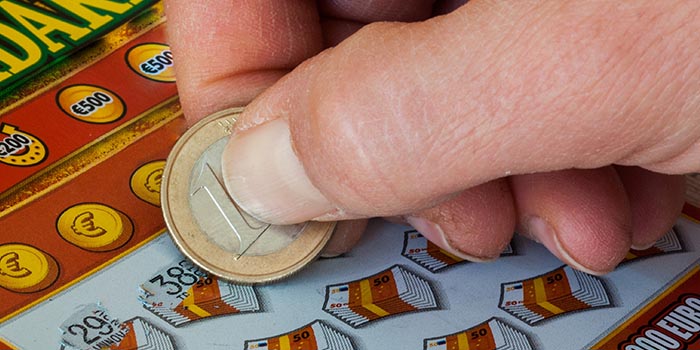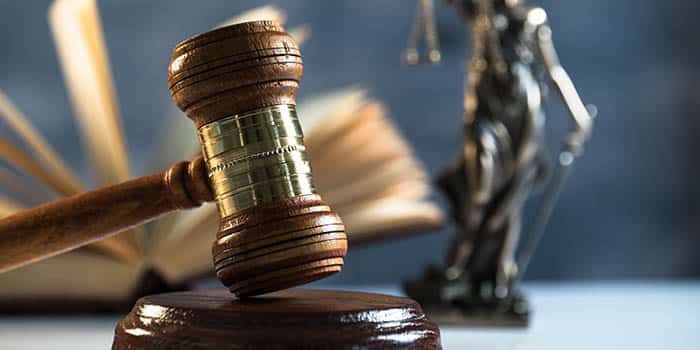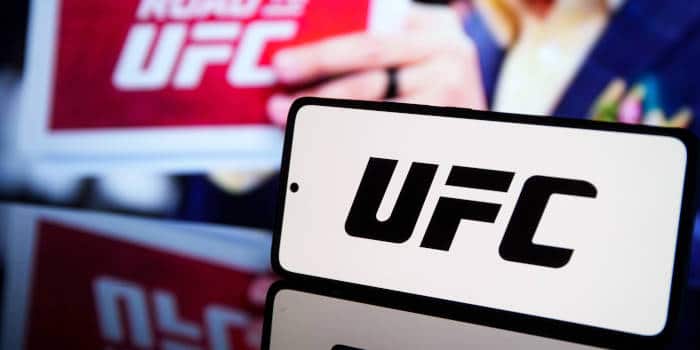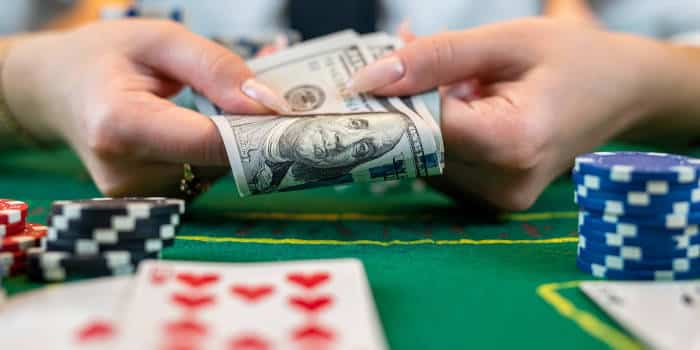- Casino
- By State
- Alabama
- Alaska
- Arizona
- Arkansas
- California
- Colorado
- Connecticut
- Delaware
- Georgia
- Florida
- Hawaii
- Idaho
- Illinois
- Indiana
- Iowa
- Kansas
- Kentucky
- Louisiana
- Maine
- Massachusetts
- Maryland
- Michigan
- Minnesota
- Mississippi
- Missouri
- Montana
- Nebraska
- Nevada
- New Hampshire
- New Jersey
- New Mexico
- New York
- North Carolina
- North Dakota
- Ohio
- Oklahoma
- Oregon
- Pennsylvania
- Rhode Island
- South Carolina
- South Dakota
- Tennessee
- Texas
- Utah
- Vermont
- Virginia
- Washington
- West Virginia
- Wisconsin
- Wyoming
- By State
- Slots
- Poker
- Sports
- Esports
Fact-checked by Stoyan Todorov
Pennsylvania Sen. Fontana Plans to Stop Ads for Self-Excluded Gamblers
A proposal filed by the Democratic Senator seeks to prohibit advertising by gambling operators to self-excluded gamblers in the state

Late last month, Pennsylvania Sen. Wayne Fontana introduced a new bill that proposed protection for people who have self-excluded from gambling activities across the state. The proposal, Senate Bill 1211, seeks to enforce new rules related to gambling advertising, effectively prohibiting operators from targeting people on the state’s self-exclusion list.
The proposal was referred to the Community, Economic and Recreational Development Committee where it currently remains. Gaining bi-partisan support, the bill has less than two weeks to advance, considering that the state’s legislative session is scheduled to end on June 30. Still, this doesn’t mean that the proposal doesn’t stand a chance, especially considering that it was able to attract support from one Republican senator.
Self-Excluded Gamblers Won’t Receive Promotions or Other Incentives
Currently, players who self-exclude from gambling in Pennsylvania can be subject to advertising or messages by gambling operators. Despite the exclusion, those players can receive communication via social media, email or even phone. However, Sen. Fontana’s proposal seeks to eliminate those possibilities, ensuring the protection of self-excluded gamblers.
Under SB 1211, licensed gambling operators will be prohibited from engaging in advertising or marketing to anyone in Pennsylvania who has self-excluded from the activity. Pennsylvania casino operators won’t be permitted to send promotional offers, advertise different incentives such as free spins, credits, rewards or anything with monetary value.
Moreover, the bill calls to prohibit credit extensions for people on Pennsylvania’s gambling self-exclusion list. Operators also won’t be permitted to offer player reward programs, complementary services or other privileges and incentives to people who have self-excluded.
The Proposal Aims to Protect Self-Excluded Gamblers
According to data from the state’s gambling regulator, the Pennsylvania Gaming Control Board, released by Play Pennsylvania, as of June 10, there are 19,678 people who have self-excluded from gambling in the state. Ultimately, Sen. Fontana’s proposal is expected to protect all those people, as well as other individuals who are likely to be excluded from gambling in the future.
An important part of the proposed bill revolves around the monitoring of the list of self-excluded individuals. If approved, the proposal will require gambling operators to update their marketing lists every 48 hours, ensuring that they don’t advertise to excluded individuals. This proactive approach will enable the operators to add or remove names of self-excluded patrons, ensuring compliance with the new rules.
Tough Fines Proposed for Breaches of the Rules
Not unexpectedly, breaches of the rules would be subject to penalties and fines. In case individuals breach the established rules under SB 1211, they would be subject to a fine of no more than $150,000.
On the other hand, penalties for manufacturers of gambling devices would be a minimum of $150,000 and a maximum of $300,000 in fines.
The toughest penalties apply for gambling operators, which in the event of breaches, may be fined a $300,000 minimum. The maximum fine for operators would go the staggering $600,000.
The aforementioned fines apply to first time-violations which would be seen as a misdemeanor of the first degree. However, subsequent violations will be penalized as felonies and subject to tougher penalty fees.
Related Topics:
William Velichkov is a research-driven writer. His strengths lie in ensuring factual accuracy, vetting government documentation and reaching out to regulators and other officials. He is particularly fond of financial reporting, the sports betting industry, B2B partnerships and esports betting developments. William is a strong asset to the Gambling News team as he adds a bedrock to our reporting.
Must Read
Industry
July 8, 2025
Trump’s Gambling Tax Cap Draws Divided Opinions
More Articles





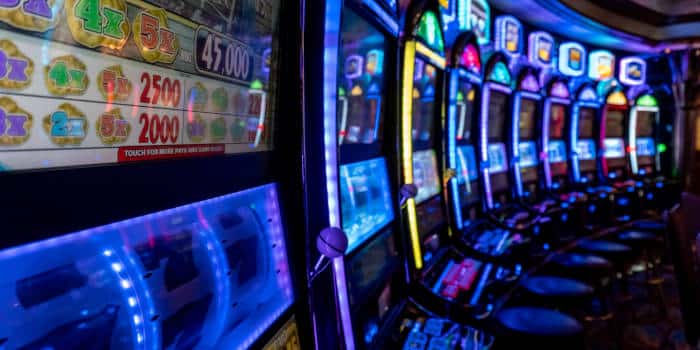
Casino
July 11, 2025
IGT Reveals Multiple Jackpots Throughout June
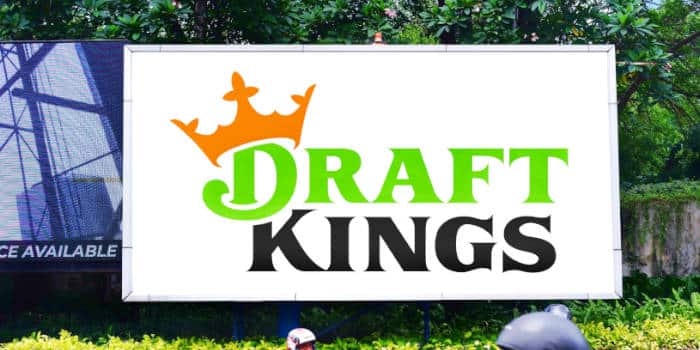
Sports
July 11, 2025
DraftKings to Give Back Over $3M to Connecticut Users
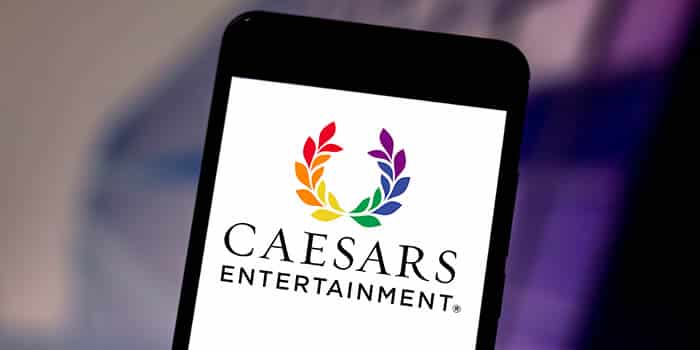
Casino
July 11, 2025
Caesars Introduces Digital Wallet in Nevada

Sports
July 10, 2025
NJ Bans Sportsbook Deals With Public Colleges

Casino
July 10, 2025
Mohegan Sun Guest Wins $2M Gambling in Spanish 21






